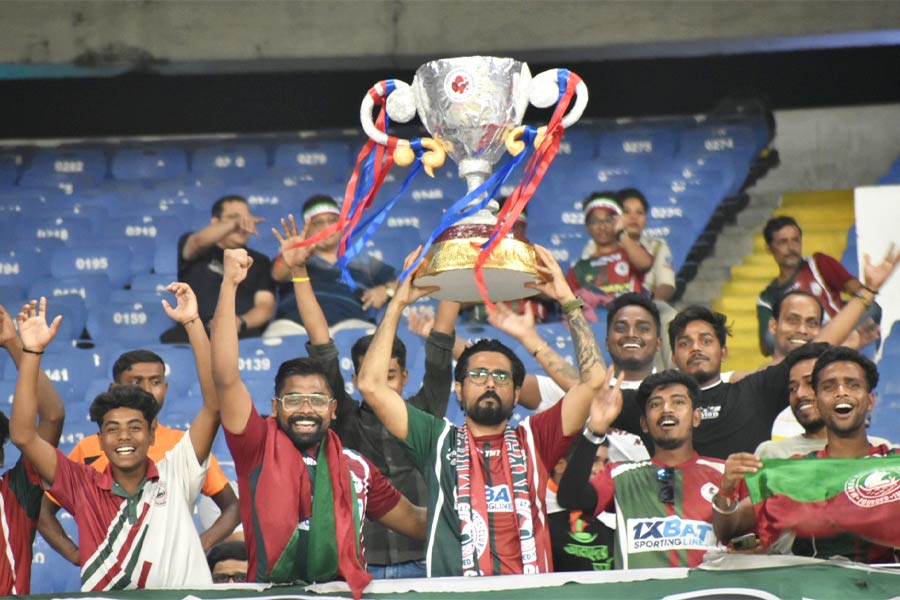A biopsy report confirming cancer sends shivers down the spine. Just a report can change the course of life. Once cancer is diagnosed, families are always on the lookout for a comprehensive cancer set-up with the best oncological team. The situation is difficult but it is best to remain calm. A decision needs to be taken urgently. Those who are financially capable prefer the facilities and medical teams of corporate hospitals compared to welfare institutions.
Today, almost all corporate hospitals are keen to set up a cancer department. But do all corporate hospitals have the infrastructure to provide comprehensive cancer care?
Although patients still travel to other states, facilities in Kolkata for cancer treatment are adequate. With better diagnostic facilities, the rate of cancer detection has also increased. Once thought to be a disease of the elderly, many younger people are now being diagnosed with cancer.
To understand the importance of a comprehensive cancer set-up in Kolkata, it is necessary to take a walk down memory lane.
2004
The first modern machine for radiotherapy (linear accelerator) was installed two decades back, in a south Kolkata corporate hospital. The year 2004 must be considered as the watershed year for modern facilities in corporate cancer care in Kolkata. All the leading oncologists of that era were invited to join the hospital. The corporate hospital performed extremely well for a few years but gradually its importance reduced with the advent of other hospitals.
Tata Memorial Hospital (TMH), Mumbai, has always been considered as the ideal comprehensive cancer hospital in India. The people of Bengal always had great faith in TMH, Mumbai. Sir Dorabji Tata Trust commissioned TMH, Mumbai, on February 28, 1941.
In 1931, Lady Meherbai Tata had died of leukaemia after treatment abroad. Such treatment was not available in India at that time. Her husband Dorabji became committed to developing a centre to provide the best quality cancer treatment in India. Unfortunately, he died in 1932.
Such was his commitment that the trust decided to create an institution that would benefit the common people suffering from cancer in India. This philanthropic aspect still guides the hospital.
TMH was taken over by the department of atomic energy of the government of India in 1962. Even today, cancer centres of Kolkata are compared with TMH regarding comprehensive facilities and
treatment.
Facilities
When any patient selects a particular cancer centre, it is expected that all facilities will be available under one roof. Unfortunately, that is not always the situation. Only the infrastructural facilities present in a particular institution are promoted. Multi-speciality hospitals have a much better medical back-up than single-specialty cancer hospitals.
It is essential for a centre to have the maximum facilities to be designated as a comprehensive cancer set-up. In surgical oncology, both open and minimally invasive surgical options must be available, including robotic surgery. In medical oncology, chemotherapy, targeted therapy, along with bone marrow transplant facilities, should be present. In radiotherapy, high-end linear accelerators, along with internal radiation or brachytherapy, must be available. Option for a second opinion and palliative care facilities are required.
However, in addition to these facilities, there should be various other departments as well:
- A nuclear medicine department with PET scan and option for radioablation of thyroid cancers
- Preventive oncology department for early detection of cancer
- Oncopathology, molecular diagnostic laboratory and research facilities
- Diagnostic and interventional radiology
- Stoma care, pain clinic and prosthetic department
- Speech and swallowing therapy consultant.
A medical social worker (MSW) guides cancer patients for air and railway concession. MSW also organises stay for outstation patients close to the hospital as cancer treatment may extend beyond six months.
Unfortunately, many cancer centres of the city do not offer such facilities. For patients who pay a fortune and dream of a good life beyond cancer, this is certainly a huge disappointment.
Factsheet
The last factsheet published by the Indian Council of Medical Research and the National Centre for Disease Informatics and Research provides vital information regarding cancer in West Bengal.
- New cancer cases in 2020 was around 1.08 lakh. The estimated number of new cases in 2025 may be around 1.21 lakh.
- The proportion of cancers associated with the use of tobacco is 46.7 per cent in males and 15.4 per cent infemales.
- The five leading sites of cancer in males are lungs, prostate, oral cavity, tongue and larynx.
- The five leading sites of cancer in females are breast, cervix, ovary, gall bladder and lungs.
In India, non-communicable diseases (NCD) are responsible for 63 per cent of all deaths, among which cancers account for 9 per cent of the deaths.Cancer incidence does increase with age. However, an increasing number of young adults being diagnosed with cancer is a cause for concern.
The aim of investment in cancer treatment should be cure, not revenue. However, it is the revenue-based approach that keeps the institutions functional.






